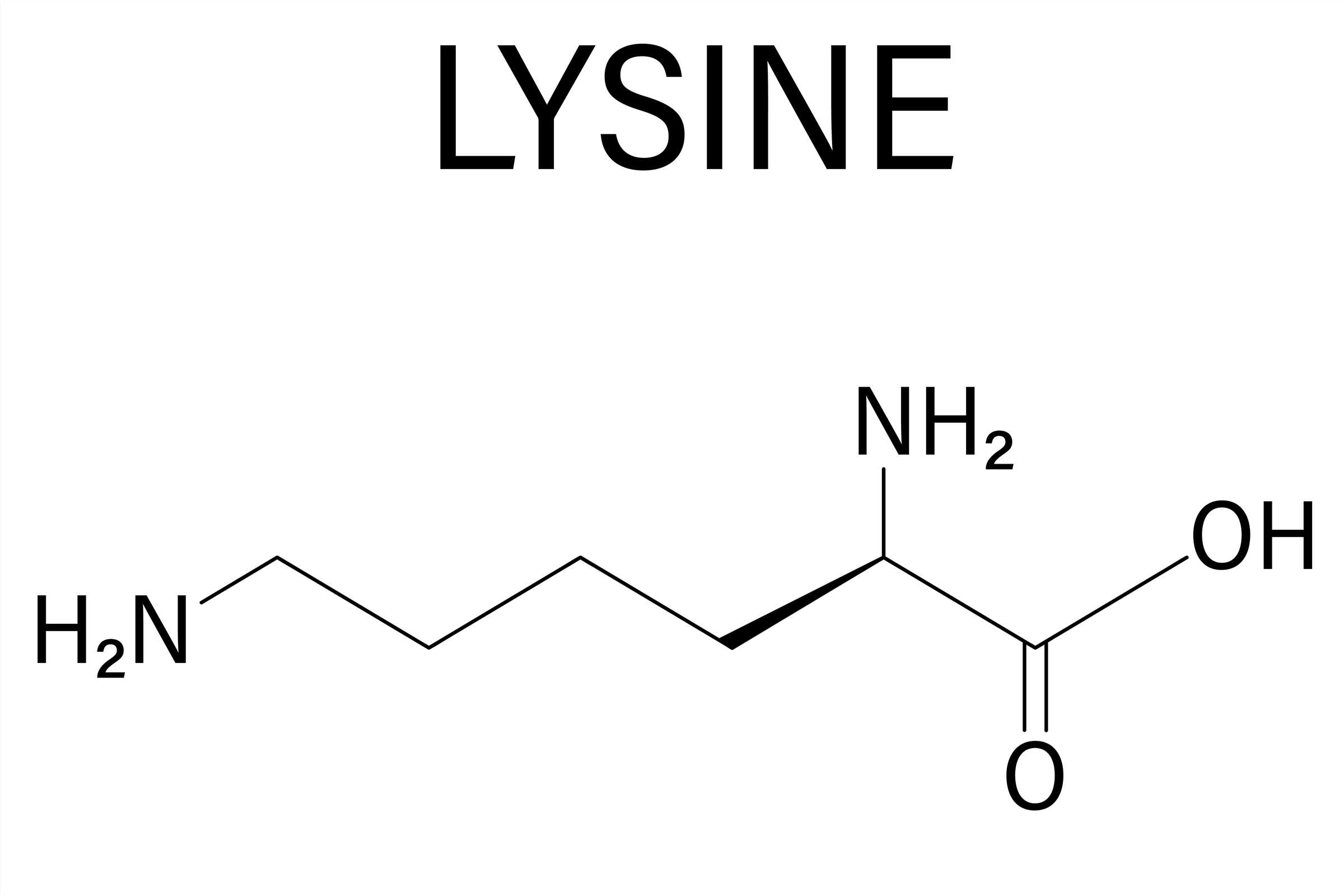Protein ubiquitination is a form of post-translational protein modification. Ubiquitin, a small regulatory protein (8.6 kDa), is present in most tissues of eukaryotes. The process of adding ubiquitin to substrate proteins by enzymes is called protein ubiquitination. Protein ubiquitination is widely involved in various physiological processes, making the study of ubiquitination modifications crucial. Based on our ultra-large phage display antibody library, Creative Biolabs can perform phage display library screening to obtain the appropriate ubiquitination-specific antibody for your research needs. We can also provide you with other ways to customize different PTM-specific antibodies.

Protein ubiquitination is the process of adding ubiquitin to a substrate protein by an enzyme. It involves three main steps: activation, binding, and ligation. Each step is mediated by ubiquitin activating enzymes, ubiquitin binding proteins, and ubiquitin ligases, respectively. Protein ubiquitination modifications can result in single ubiquitin (monoubiquitination) or ubiquitin chain (polyubiquitination) modifications. Protein ubiquitination leads to the degradation of the labeled protein by proteases into smaller peptides, amino acids, and resuable ubiquitin. Ubiquitination modifications are reversible, and deubiquitinating enzymes can remove ubiquitin proteins. The ubiquitin-proteasome system mediates 80-85% of protein degradation in eukaryotes.
Protein ubiquitination regulates not only the number of proteins but also their activity and function. Different ubiquitin chain lengths (monoubiquitination, polyubiquitination, and polyubiquitination) and various types of ubiquitin chains (linked by Met1, Lys6, Lys11, Lys27, Lys29, Lys33, Lys48, and Lys63) play important regulatory roles in protein activity, protein-protein interactions, and protein subcellular localization. Due to the diversity and multivalency of ubiquitination, it is involved in various physiological processes, including cell proliferation, apoptosis, autophagy, endocytosis, DNA damage repair, and the immune response.
Despite the discovery of ubiquitin more than half a century ago, research on ubiquitination continues to uncover new insights. However, our understanding of ubiquitination is still limited. Ubiquitin ligase E3, the final step in the ubiquitination cascade, remains a subject of intense research interest. Traditional techniques such as gene knockout and RNAi face challenges in studying the intricate cross-talk between E3 ligases and their substrates. The development of mass spectrometry-based proteomics has facilitated a deeper understanding of ubiquitination. Additionally, the study of ubiquitinated proteins relies on the development of ubiquitination-specific antibodies. However, the development of PTM-specific antibodies has not been easy due to the diversity of modifications and modification sites. Therefore, the production of suitable ubiquitinated antibodies is particularly important in ubiquitination research.
Ubiquitination antibodies can detect different forms of ubiquitin and help researchers understand the functions of proteins that undergo significant changes in cellular activity. Studying these patterns of ubiquitination can aid in identifying ubiquitination targets and related diseases for potential treatment. Common methods for detecting protein ubiquitination include immunoprecipitation reactions, western blotting analysis, in vitro ubiquitin labeling of mutant sites, and in vitro ubiquitination assays.
Creative Biolabs possesses a wealth of knowledge about antibody discovery. We would be delighted to discuss our knowledge and experience in ubiquitination-specific antibody development with you.
All listed services and products are For Research Use Only. Do Not use in any diagnostic or therapeutic applications.